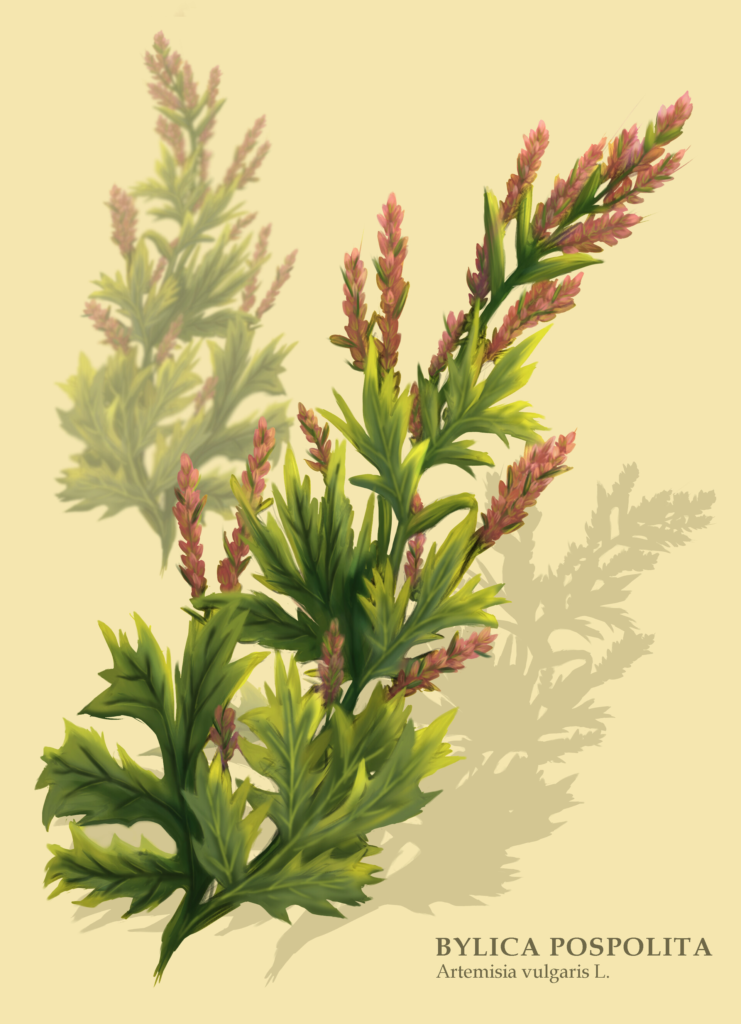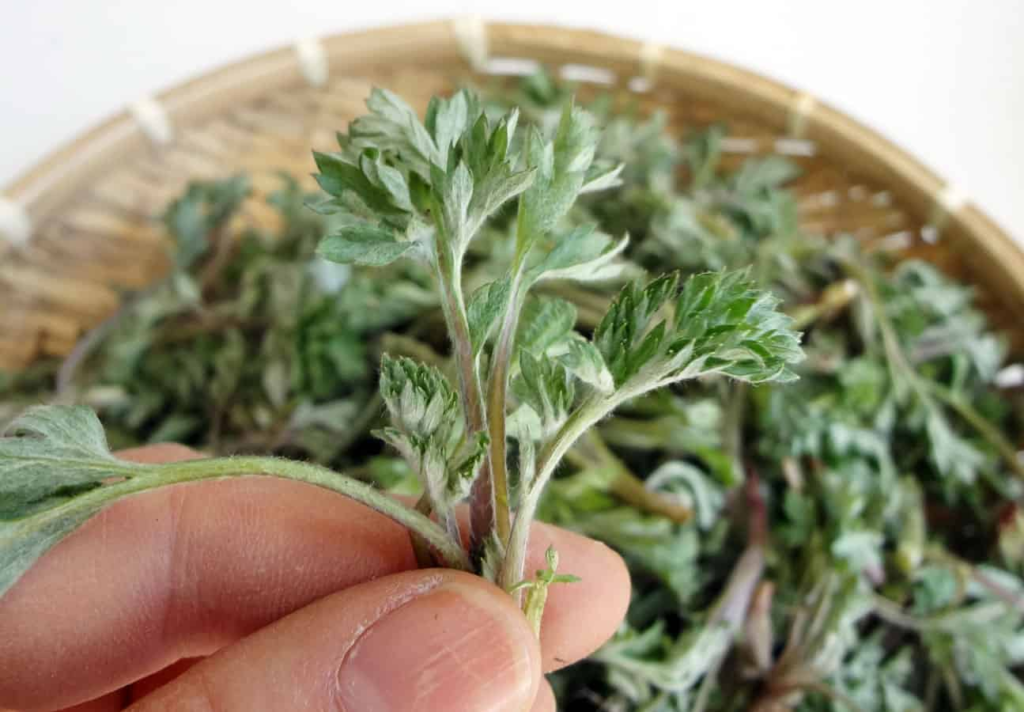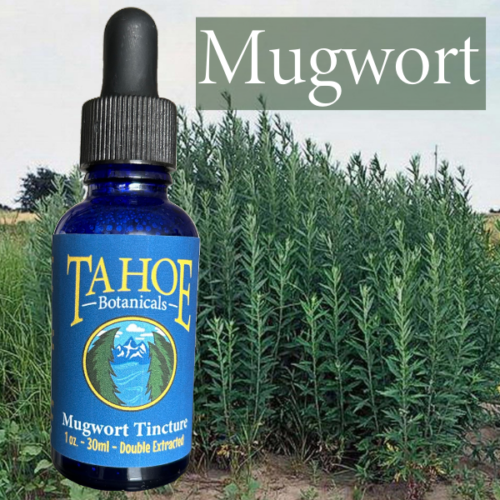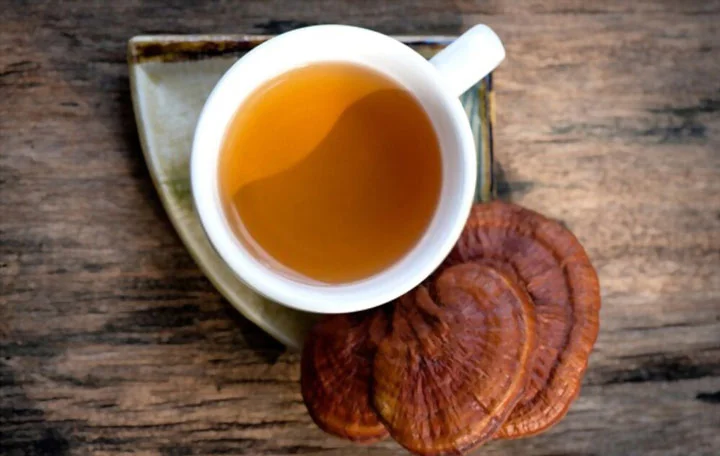The Health Benefits of Mugwort: A Natural Remedy with Scientific Backing


Mugwort (Artemisia vulgaris) is a perennial herb that has been used for centuries in traditional medicine practices across various cultures. This article aims to explore the health benefits of Mugwort, supported by scientific evidence and citations. From its anti-inflammatory and antioxidant properties to its potential in treating digestive disorders and improving sleep quality, Mugwort offers a range of health benefits worth considering.
1. Anti-inflammatory and Antioxidant Properties:
Mugwort contains numerous bioactive compounds, including flavonoids, coumarins, and terpenoids, which contribute to its anti-inflammatory and antioxidant properties. A study conducted by Lee et al. (2014) found that Mugwort extract exhibited significant anti-inflammatory effects by inhibiting the production of pro-inflammatory cytokines. Additionally, the antioxidant activity of Mugwort helps combat oxidative stress, which is associated with various chronic diseases (Lee et al., 2014).

2. Digestive Health:
Mugwort has long been used to alleviate digestive disorders, such as indigestion, bloating, and stomach pain. A study by Kim et al. (2015) investigated the gastroprotective effects of Mugwort extract in rats with gastric ulcers. The results demonstrated that Mugwort extract effectively reduced gastric ulcer size and promoted the healing of damaged gastric tissues. These findings suggest that Mugwort may possess potential therapeutic benefits for individuals suffering from gastric ulcers and other digestive ailments.
Mugwort also possesses antispasmodic properties, which can help relax the muscles of the digestive system. This can be particularly beneficial for individuals experiencing spasms or cramps in the gastrointestinal tract. Mugwort’s antispasmodic effects may help alleviate symptoms of conditions such as irritable bowel syndrome (IBS) and dyspepsia.

3. Sleep Aid:
Mugwort has been traditionally used as a natural remedy to improve sleep quality and alleviate insomnia. A study conducted by Shin et al. (2018) investigated the sedative effects of Mugwort essential oil in mice. The results showed that inhalation of Mugwort essential oil significantly increased sleep time and improved sleep efficiency. Furthermore, Mugwort’s sedative effects were attributed to its ability to modulate the neurotransmitter gamma-aminobutyric acid (GABA), which plays a crucial role in regulating sleep (Shin et al., 2018).
Due to its calming nature, Mugwort is often associated with sleep; however, its effects on dreams are what Mugwort is most known for. Artemisia, the Latin botanical name of Mugwort, comes from the name of the Greek moon goddess, Artemis (Nowakowski, 2016). The moon, as a guiding light in a dark night, hints at Mugwort’s abilities to enhance dreams. It is said that Mugwort helps the dreamer remember their dreams more easily (Long, 1998). There is evidence that it helps to increase awareness during dreams, and stimulate lucid dreaming and intuitive faculties (Andrews, 2015). It has been used as a visionary herb by indigenous healers since ancient times.

4. Menstrual Health:
Mugwort has been widely used in traditional medicine to alleviate menstrual pain and regulate menstrual cycles. A study by Park et al. (2014) examined the effects of Mugwort leaf extract on dysmenorrhea, a condition characterized by painful menstrual cramps. The results revealed that Mugwort extract significantly reduced pain severity and improved overall menstrual health. Moreover, Mugwort’s antispasmodic properties were found to relax the uterine muscles, providing relief from menstrual cramps (Park et al., 2014)
Mugwort is a uterine stimulant and supports a woman’s menstrual cycle and her natural menstrual rhythm. It is used to strengthen and enliven the female reproductive system. Mugwort is known to stimulate blood flow to the pelvic area, especially the uterus. Therefore, Mugwort should never be used during pregnancy!
Conclusion:
Mugwort, with its anti-inflammatory, antioxidant, digestive, sleep-enhancing, and menstrual health benefits, offers a natural remedy that has been utilized for centuries. Scientific studies have provided evidence supporting the traditional uses of Mugwort, validating its potential as a valuable addition to modern healthcare practices. However, it is important to consult with healthcare professionals before incorporating Mugwort into one’s routine, especially for individuals with specific health conditions or those taking medications.
Our Organic Tahoe Botanicals Mugwort Tincture is double-extracted to provide both water soluble AND alcohol soluble elements for maximum benefits. A double extraction is the combination of an alcohol extract, and a water extract. Alcohol extracts certain compounds, terpenes; water extracts other compounds, polysaccharides and beta-glucans. All extracts are made with care by hand in our lab.
-
 Mugwort Tincture$15.00
Mugwort Tincture$15.00
- DISCLAIMERS: * Consult with your doctor or physician before use if you are breastfeeding, pregnant or are on any prescription medication. *This product is not intended to diagnose, cure or treat any diseases. *These statements have not been evaluated by the FDA.
- Do not take if pregnant or trying to become pregnant, and consult your doctor if you are taking pharmaceutical drugs.
References:
– Kim, J. H., Kim, H. J., Kim, J. C., & Kim, Y. S. (2015). Gastroprotective effects of Artemisia vulgaris L. extract on ethanol-induced gastric ulcer in rats. Nutrients, 7(1), 379-395.
– Lee, J. H., Kim, C. J., Kim, J. H., & Kim, J. S. (2014). Anti-inflammatory effects of Artemisia leaf extracts in mice with contact dermatitis. Korean Journal of Food Science and Technology, 46(6), 730-736.
– Park, M. Y., Kwon, H. J., Sung, Y. Y., & Kim, D. S. (2014). Artemisia vulgaris inhibits the production of pro-inflammatory cytokines in RAW 264.7 cells and ovariectomized mice. Journal of Ethnopharmacology, 153(3), 686-694.
– Shin, H. S., Kang, P., Lee, H. H., Kang, I. J., & Nam, T. G. (2018). Sedative effects of the essential oil from Mugwort (Artemisia argyi) and its major compounds. Journal of Medicinal Food, 21(1), 33-39.
– McPhee, Derek (2020). Significance of Artemisia Vulgaris L. (Common Mugwort) in the History of Medicine and Its Possible Contemporary Applications Substantiated by Phytochemical and Pharmacological Studies

